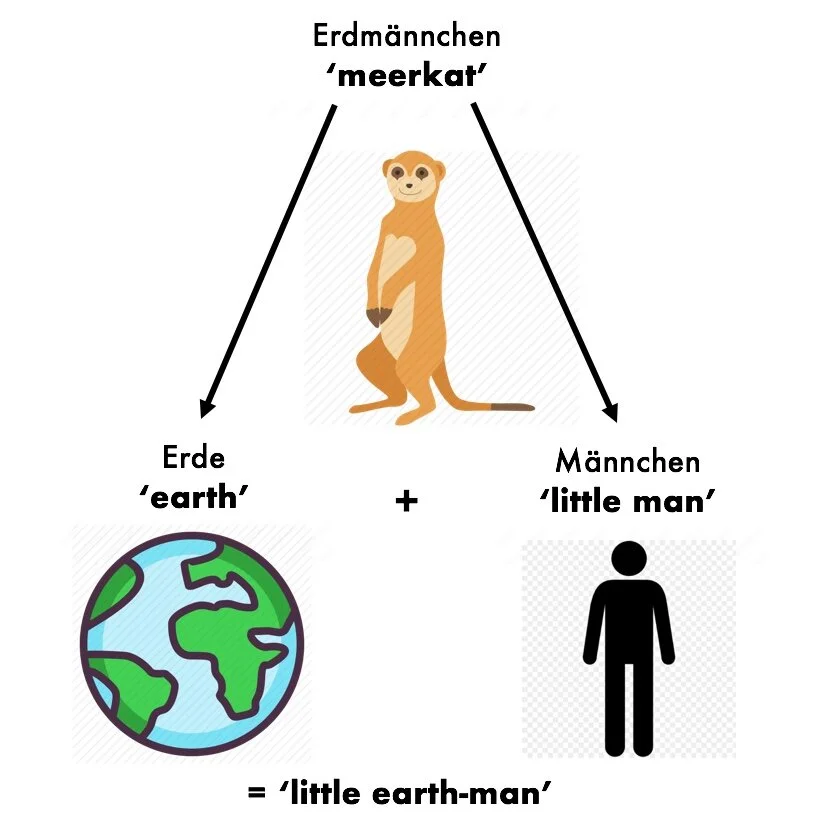A LanGo-rific collection of short stories created/translated, read, and illustrated by our beginner Korean students.
Read MoreLanguage learning content created and curated by the LanGo team to help our students and community members discover, learn, and speak a new language.
Featured Posts
Content Categories and Tags
- Vocabulary
- SoundCorrespondences
- LanguageHumor
- FrenchInEnglish
- ConversationHours
- Immersion
- WordOrigins
- Onset
- OriginStory
- SocialMedia
- PhrasalVerbs
- EnglishThroughFilm
- Contest
- SocialEvents
- SoundChanges
- Morpheme
- Pronunciation
- WritingSystem
- Coda
- Multilingual
- VerbInflection
- 'Radicals'
- Morphology
- LanguageChange
- Games
- Latin
- Phonology
- Vowels
- TravelStories
- Resources
- LanguageLearning
- Triphthongs
- Nucleus
- WordDerivation
- LanGoTeam
- LanGoingsOn
- CJK
- Wordplay
- Dialects
- MandarinChinese
- CharacterAnalysis
- BeginnerKorean
- Core Argument
- Infinitive
- Linguistics
- Phonetics
- LanguageTeaching
- Stories
- ChineseCharacters
- ProjectBasedLearning
- Syllable
- ESL
- Cross-Linguistic
- Morphophonemics
- Spelling
- Diphthongs
- Consonants
- Grammar
- Transitivity
- BeginnerChinese
- Reading
- HistoricalLinguistics
- SummerCamps
- Music
- Neologisms
- Words
- Writing
- IPA
- Online
- Variation
- Syntax
- BeginnerGerman
- RomanceLanguages
- ClassroomActivities
- Verbs
browse all posts
The Korean children's song 곰 세 마리 (gom se ma-ri) ‘The Three Bears’ as a fun example of language learning through music.
Read MoreIn this first post in our “Korean Pronunciation Tips” series, I share a few essential things to know about learning the pronunciation of Korean consonants.
































Tools for helping you master some of the trickier points of German grammar, whether you’re learning it for the first time or wanting to review the fundamentals. Los geht’s!